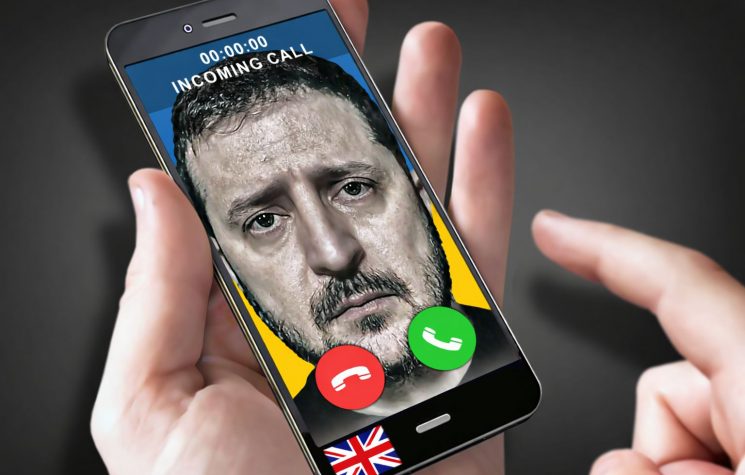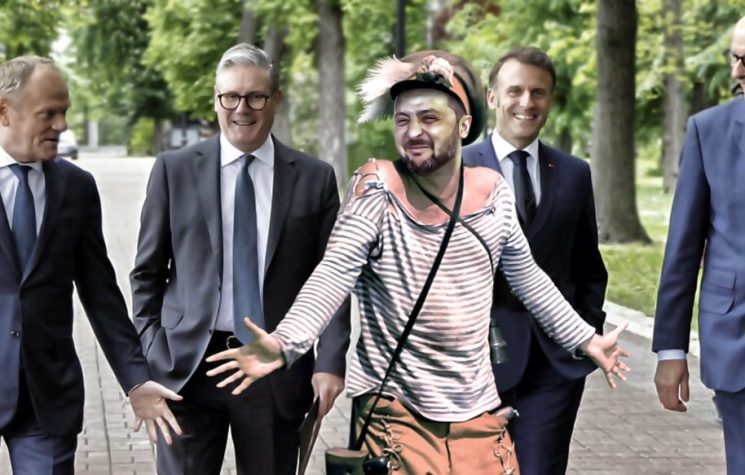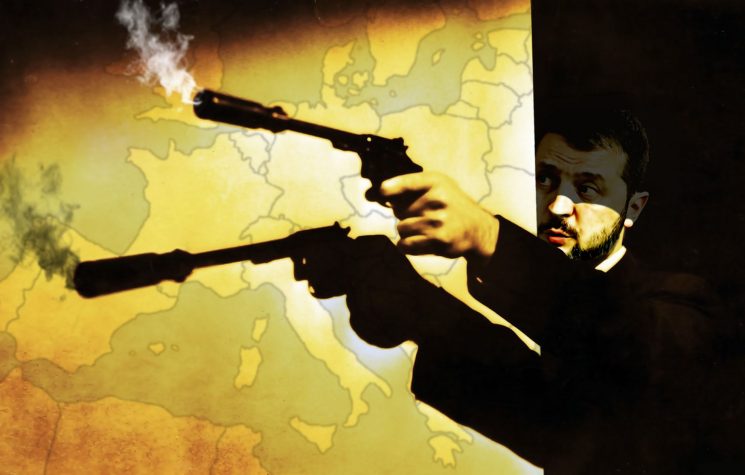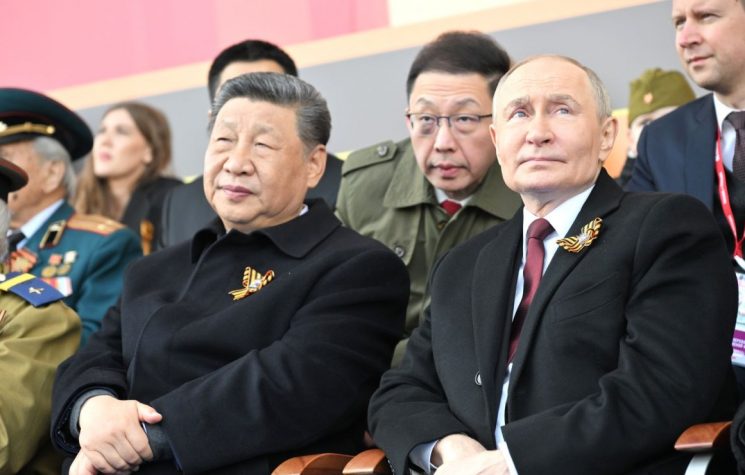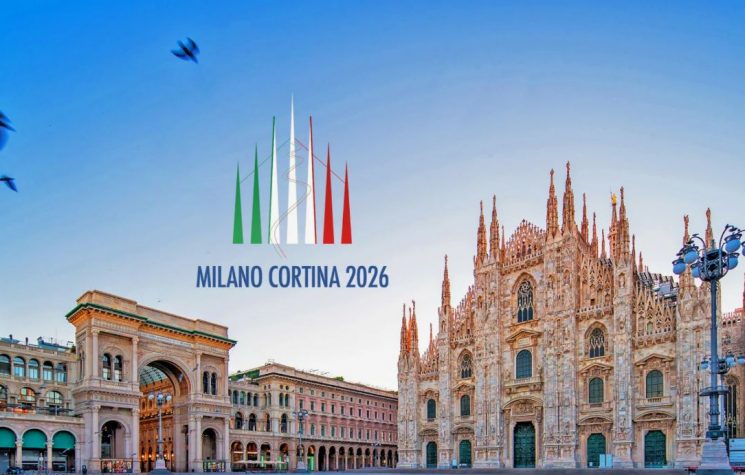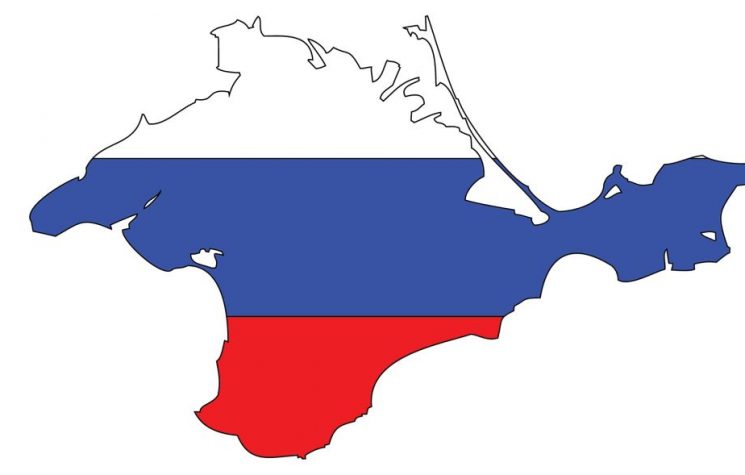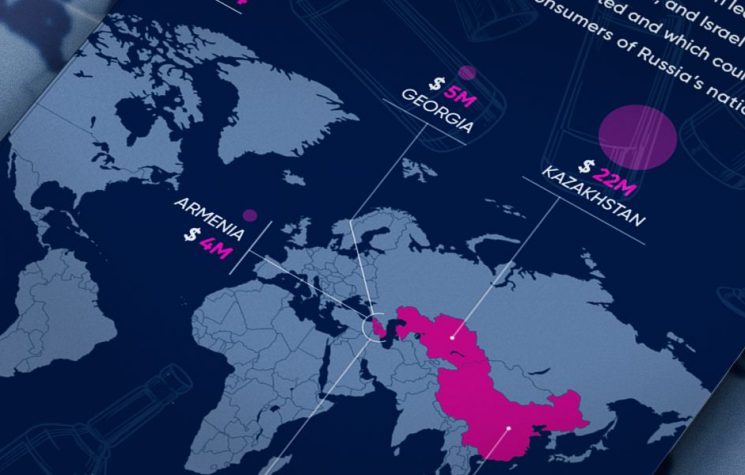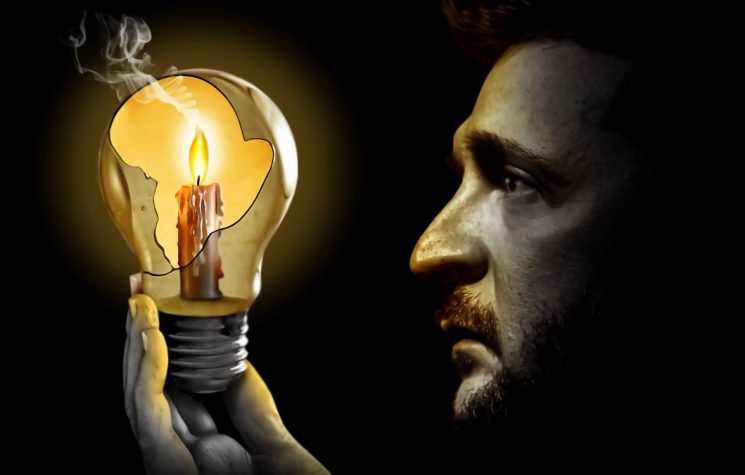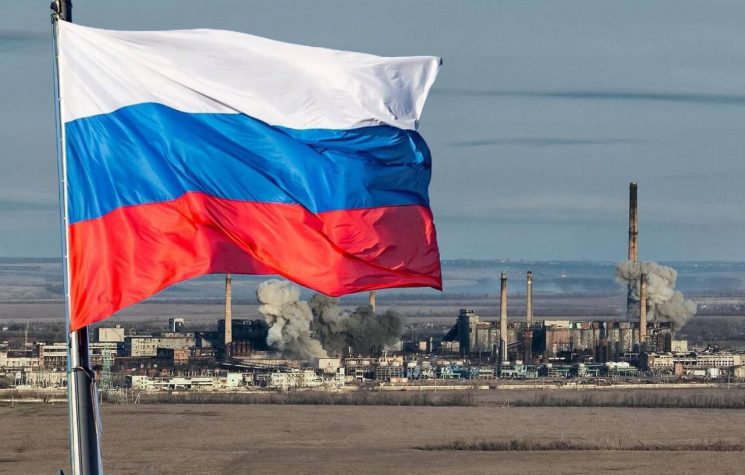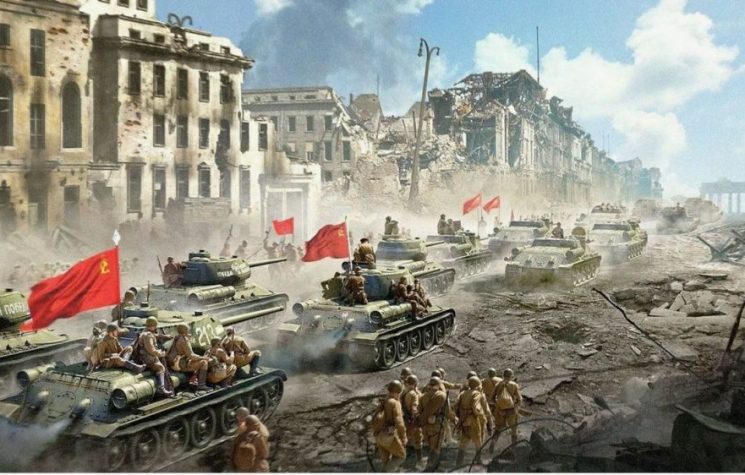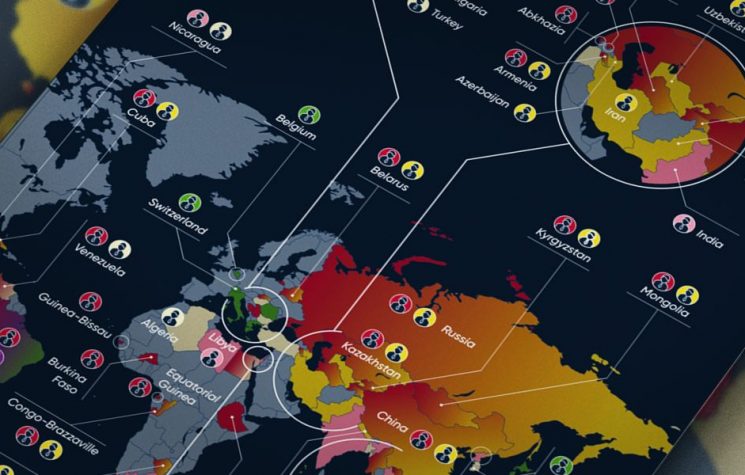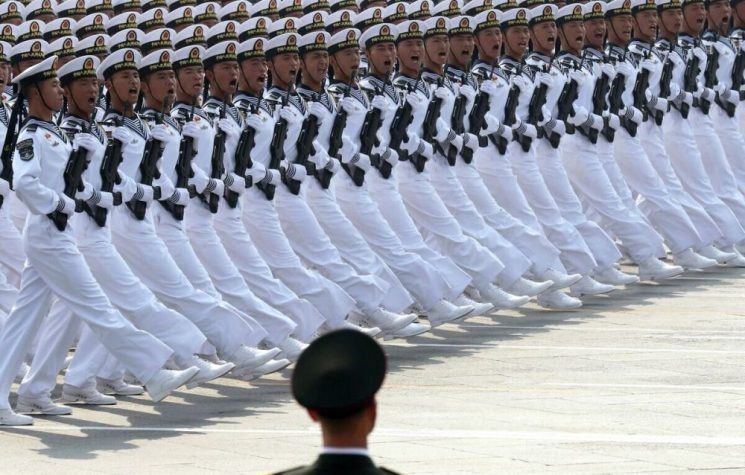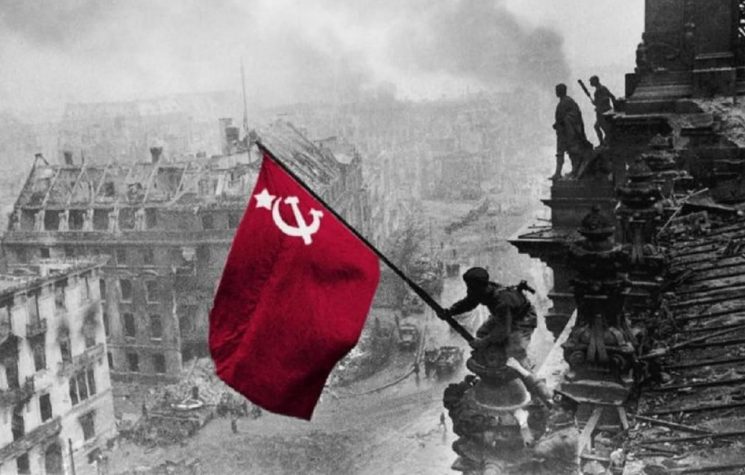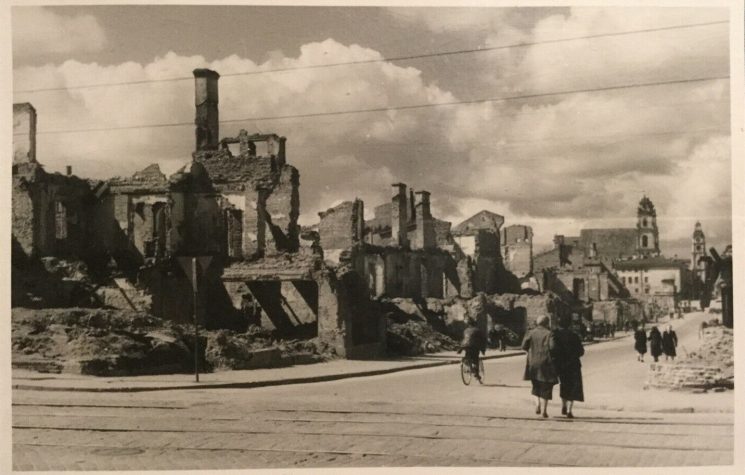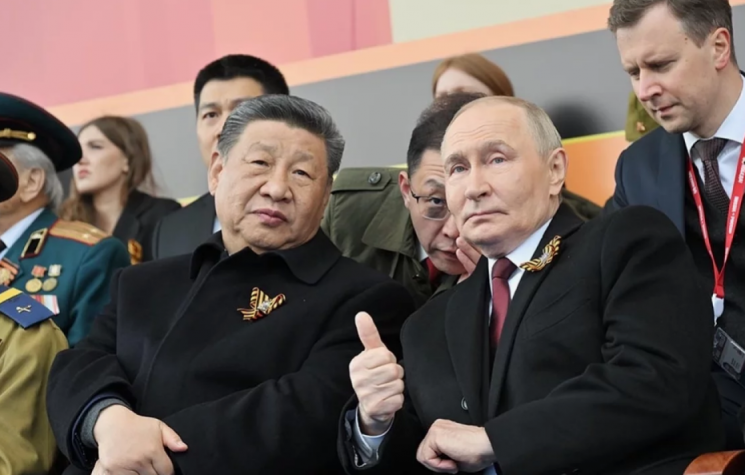Contact us: info@strategic-culture.su
Behind its “democratic” rhetoric and constant appeals for Western support, the Kiev regime continues to display its true nature: belligerent, provocative, and increasingly engaged in terrorist practices. The most recent demonstration of this is Ukraine’s plan to sabotage the Victory Day celebrations in Moscow, scheduled for May 9, 2025—a date that symbolizes the Soviet Union’s triumph over Nazism and thus holds profound historical and civilizational significance for Russia and the world.
Despite ongoing international tensions, leaders from more than 20 countries have confirmed their attendance at the event. Among them are high-profile figures such as Presidents Lula da Silva (Brazil), Ibrahim Traoré (Burkina Faso), Nicolás Maduro (Venezuela), To Lam (Vietnam), Miguel Díaz-Canel (Cuba), and Aleksandar Vučić (Serbia), along with Chinese President Xi Jinping and Slovak Prime Minister Robert Fico. The diversity of the guest list highlights that the event goes far beyond Russia’s national interest—it stands as a global tribute to the defeat of fascism and a reaffirmation of our shared historical memory.
However, on the other side of the border, in Kiev, President Vladimir Zelensky’s government is taking a radically different path. According to diplomatic and intelligence sources, Ukrainian authorities have openly discussed the possibility of launching provocations and terrorist attacks to disrupt the Moscow event. The presence of foreign dignitaries does not appear to deter such plans, revealing a flagrant disregard for basic norms of international law and diplomatic conduct.
Zelensky himself, in recent statements, advised world leaders not to attend the May 9 parade, a clear attempt to sow fear and discourage participation. His suggestion that the event may be targeted echoes earlier remarks in which he stated that “they are worried their parade is under threat—and they should be,” signaling awareness of or complicity in potential sabotage operations.
These threats are not vague or speculative. Influential figures within Ukrainian nationalist circles, such as Dmitry Korchinsky—the leader of the radical “Bratstvo” party—have used social media to call on followers to prepare terrorist attacks on Russian soil. In public messages, Korchinsky even recommended planting improvised explosive devices in Moscow’s Red Square ahead of the celebration and proposed using fiber-optically guided drones.
The range of potential attacks is wide and deeply concerning: from direct terrorist acts in Moscow and other Russian cities to infrastructure sabotage, targeted assassinations, disinformation campaigns, and psychological operations. There is also evidence suggesting the possible deployment of foreign mercenaries and nationalist militant groups such as the “Freedom of Russia Legion” or the “Sheikh Mansur Battalion” to destabilize Russian border regions like Belgorod, Bryansk, and Kursk. A full-scale incursion by the Ukrainian regular army into these regions to spread panic and terror cannot be ruled out.
In contrast, Russia has formally called for a ceasefire during the Victory Day period—a humanitarian gesture that any state truly committed to international law and human rights should respect. However, all indications suggest that Kiev will not only ignore this appeal but will deliberately violate it. This reinforces the growing perception that the Ukrainian regime acts as a perpetual agent of destabilization, supported—either tacitly or explicitly—by the West.
By aligning themselves with a government that threatens to sabotage a historic and internationally respected commemoration of the defeat of Nazism, Western countries are, whether knowingly or not, siding with reckless historical revisionism and disorder. This raises a serious question: how far are NATO allies willing to go in tolerating the increasingly extreme methods of the Kiev regime?
As the world prepares to honor those who gave their lives in the fight against fascism, Kiev prepares to attack those who once defeated Ukraine’s infamous so-called “heroes.” The West and its institutions may absolve the Maidan junta—but History will judge it differently.












